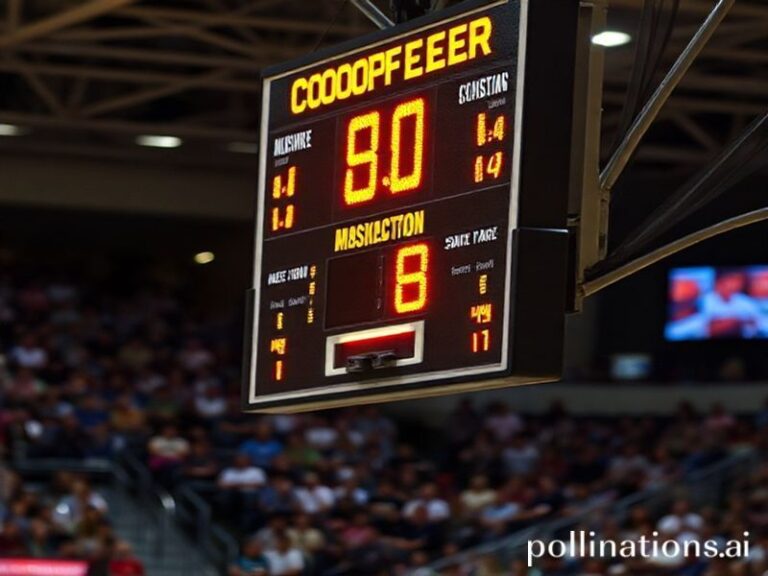Randy Arozarena: The Stateless Superstar Turning Borders into Basepaths
They say baseball is America’s pastime, but try telling that to the 1.4 billion Indians glued to their phones for IPL highlights, the Dutch retirees betting their pensions on Honkbal in Almere, or the Cuban government apparatchiks who still haven’t figured out how Randy Arozarena slipped out of their grasp and into global folklore. From Havana to Houston, from Tokyo to Tampa, the 28-year-old outfielder has become a walking metaphor for the 21st-century migrant: absurdly talented, perpetually in transit, and monetised by a system that pretends to love him while calculating his arbitration years down to the cent.
Arozarena defected from Cuba in 2015, which in Cold-War terms would have made him a headline; in today’s algorithmic churn it registers as a footnote between TikToks of cats playing piano. He crossed the Yucatán by raft—an Odyssey condensed into a 30-second Reels clip—and signed with the St. Louis Cardinals for a bonus that wouldn’t cover a week of Jeff Bezos’s rocket fuel. Three franchises, two passports, and one legendary postseason later, he now earns more per plate appearance than the average Cuban state employee sees in a decade, a disparity so obscene it feels almost quaint.
Internationally, Arozarena is less a ballplayer than a data point proving that talent is the only commodity with no border wall high enough. The Japanese watch his swing like it’s kabuki, the Koreans analyse his launch angle like it’s the K-pop choreography of exit velocity, and the Dominican Winter League greets him as a prodigal cousin who still owes someone fifty pesos. Meanwhile, MLB markets him as the bilingual face of “¡Ponle Acento!”—a league initiative whose hashtag translates roughly to “Put an Accent on It,” as if punctuation alone can salve centuries of exploitation.
The geopolitical punchline? Mexico, the country that once deported his father, now claims Randy as a naturalised son and plans to march him out in next year’s World Baseball Classic like a human flag patch. Diplomats call this soft power; everyone else calls it keeping up with the Joneses—if the Joneses had a 110-mph exit velocity and a stepfather named Uncle Sam.
Back in the United States, cable networks splice his highlights with mortgage commercials, never quite acknowledging that the American dream he’s selling is now mostly owned by Chinese holding companies and Saudi sovereign wealth funds. The Tampa Bay Rays, a franchise so financially anorexic it still shares a spring-complex with a municipal softball league, tout Arozarena as proof that analytics can replace actual payroll. Translation: pay one Cuban exile in arbitration dollars, get World-Series ratings without the vulgarity of a $300 million contract. Efficiency, thy name is austerity.
Yet the darker gag is on us, the global audience, binge-watching his moon-shot home runs while scrolling past headlines of migrant boats capsizing in the Mediterranean. Each Arozarama blast is celebrated in slo-mo; each parallel tragedy is reduced to a push notification you swipe away between innings. We have, in effect, turned human desperation into content, then monetised it with bobblehead nights.
Still, one has to admire the man’s timing. In an era when citizenship is negotiable and loyalty is measured in club options, Arozarena has hacked the system by being exceptionally good at a children’s game played on manicured grass. The planet keeps pitching him curveballs—dictatorships, pandemics, trade deadlines—and he keeps lining them into the gap. If that isn’t a tidy summary of late-capitalist survival, I don’t know what is.
So here’s to Randy Arozarena: the accidental philosopher-king of our fractured world, jogging around bases like they’re international terminals, pausing only to adjust his helmet and wonder, somewhere in the back of his mind, which flag they’ll ask him to salute next. Until then, we’ll keep cheering—because cheering is easier than asking why the game still needs borders at all.







